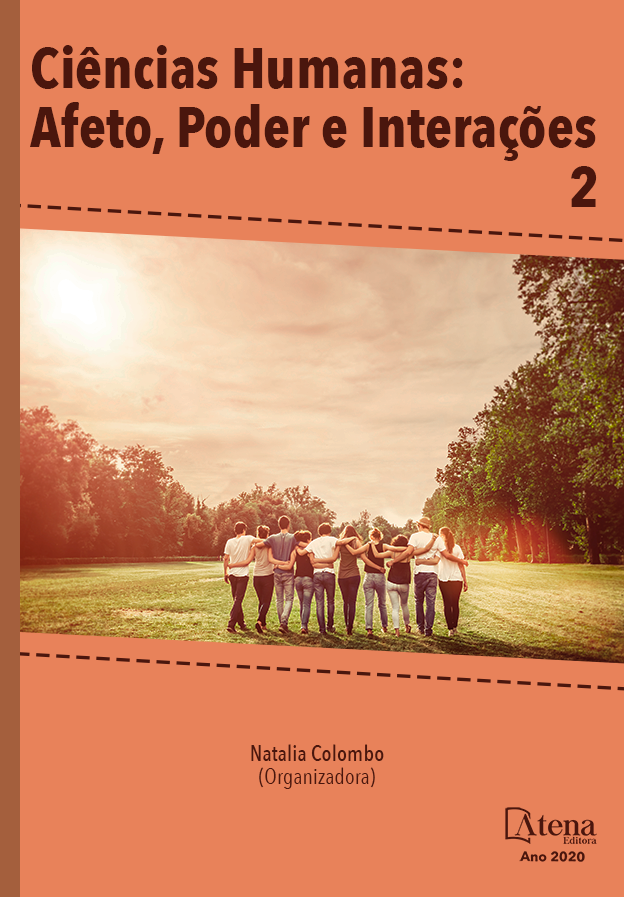
O QUE MAIS CONTA NA ESCRITA, MÉTODO OU SENSIBILIDADE? RELAÇÕES DE PODER NA ESCRITA E PRODUÇÃO DO CONHECIMENTO E AS POSSIBILIDADES NO ENSINO DE HISTÓRIA A PARTIR DA PRODUÇÃO DOS NÃO-HISTORIADORES
Objetiva-se trazer apontamentos que não deslegitimam o método, mas apelam à sensibilidade na leitura e escrita da História, como forma de dialogar a respeito das imposições quanto a forma de escrita e a credibilidade que se possa associar aquele ou este escrito e/ou estilo, pois depende muito de quem o lê, e analisa. Argumenta-se que, ao final e no fundo, mais vale a sensibilidade, mas que o método é fundamental. Existe um campo intelectual a serviço de manter concentrada naqueles que se declaram (entre si) as autoridades na área, a revelia do que o leitor, por fim, prefere, no exercício do seu direito de escolha e fazendo jus a sua renda? O que mais conta, a produção, o acesso a mais leitores, a linguagem fácil ou que se mantenha restrito a pares que a autorizam? Sendo uma opção dos professores de História, no dia a dia, principalmente na Educação Básica, por obras de não-historiadores, que contribuição estas podem legar a educação? A proposta é tributária da vivência do primeiro autor como professor e carece de aprofundamento, pois é pouco analítica.
O QUE MAIS CONTA NA ESCRITA, MÉTODO OU SENSIBILIDADE? RELAÇÕES DE PODER NA ESCRITA E PRODUÇÃO DO CONHECIMENTO E AS POSSIBILIDADES NO ENSINO DE HISTÓRIA A PARTIR DA PRODUÇÃO DOS NÃO-HISTORIADORES
-
DOI: 10.22533/at.ed.5422008106
-
Palavras-chave: Conceito de História. Produção e recepção. Normatização e relações de poder.
-
Keywords: Concept of History. Production and reception. Standardization and power relations.
-
Abstract:
The objective is to bring notes that do not delegitimize the method, but appeal to sensitivity in the reading and writing of History, as a way of talking about the impositions regarding the form of writing and the credibility that can be associated with that or this writing and / or style, because it depends a lot on who reads it, and analyzes it. It is argued that, in the end and in the background, sensitivity is better, but that the method is fundamental. Is there an intellectual field in the service of keeping concentrated on those who declare themselves (among themselves) the authorities in the area, regardless of what the reader, finally, prefers, in the exercise of their right to choose and being entitled to their income? What counts the most, the production, access to more readers, the easy language or that remains restricted to peers who authorize it? As an option for History teachers, in everyday life, mainly in Basic Education, for works by non-historians, what contribution can these bequeath to education? The proposal is dependent on the experience of the first author as a teacher and needs further study, as it is not very analytical.
-
Número de páginas: 19
- Everton Marcos Batistela
- Airton Carlos Batistela
- Mariza Rotta
- Manoel Adir Kischener


